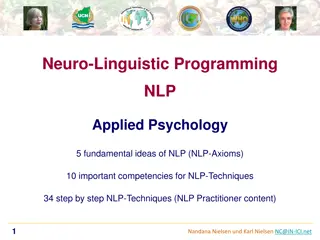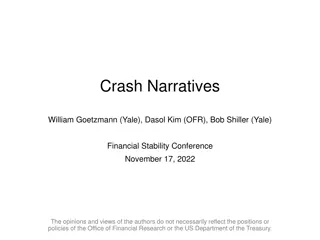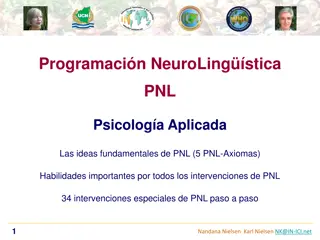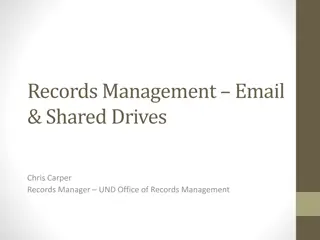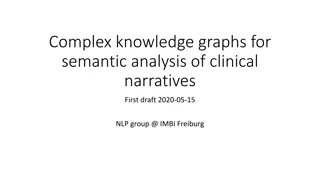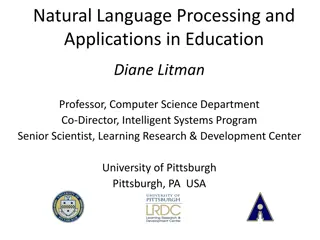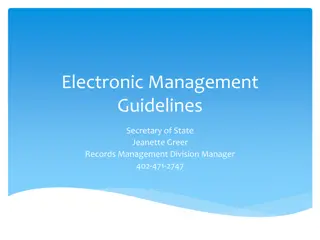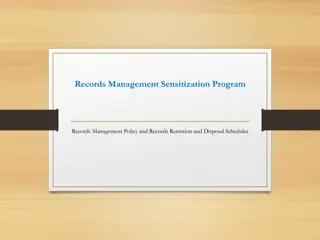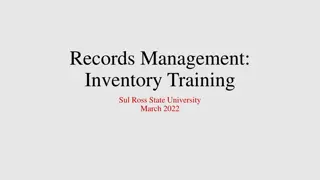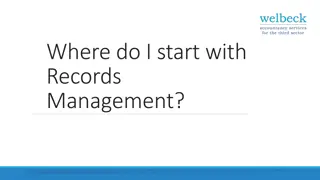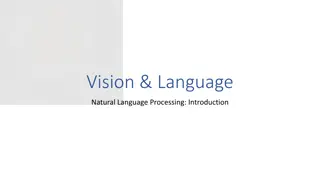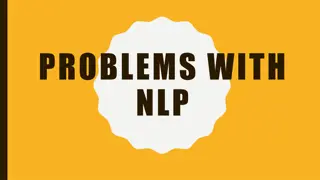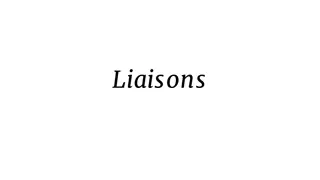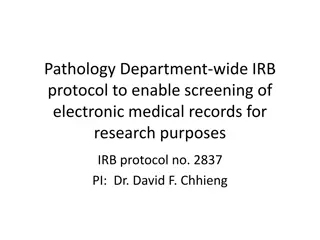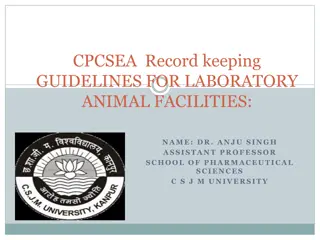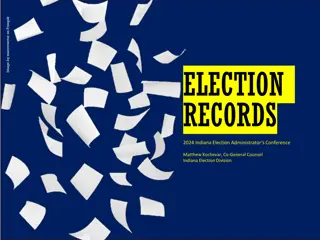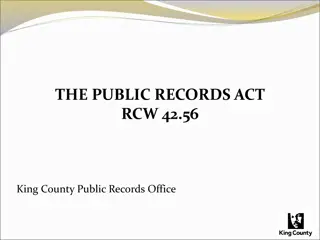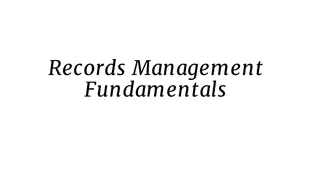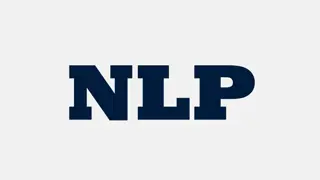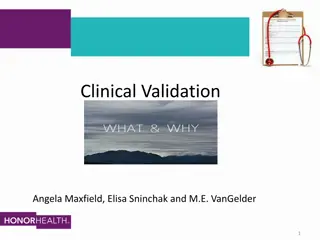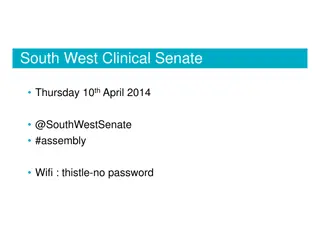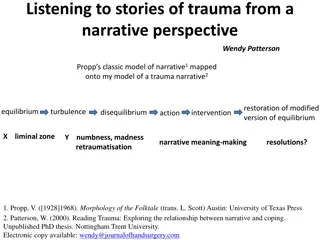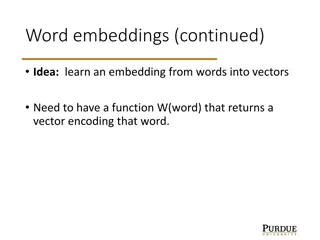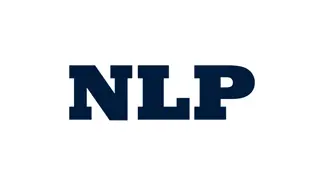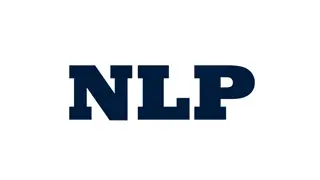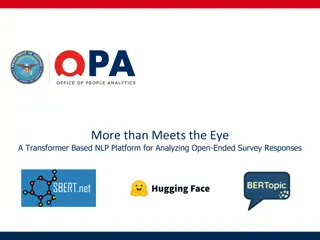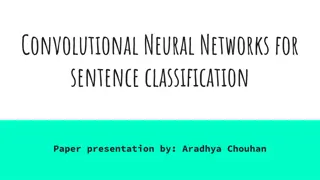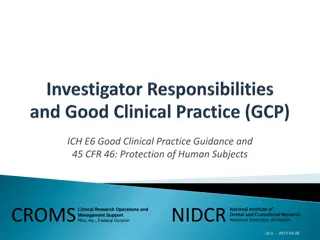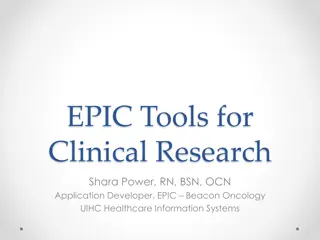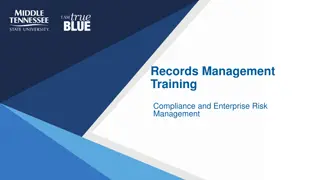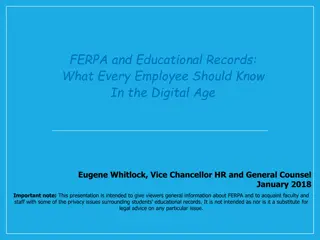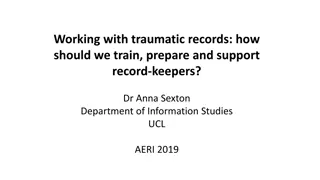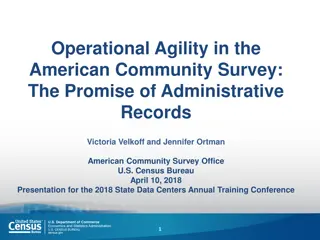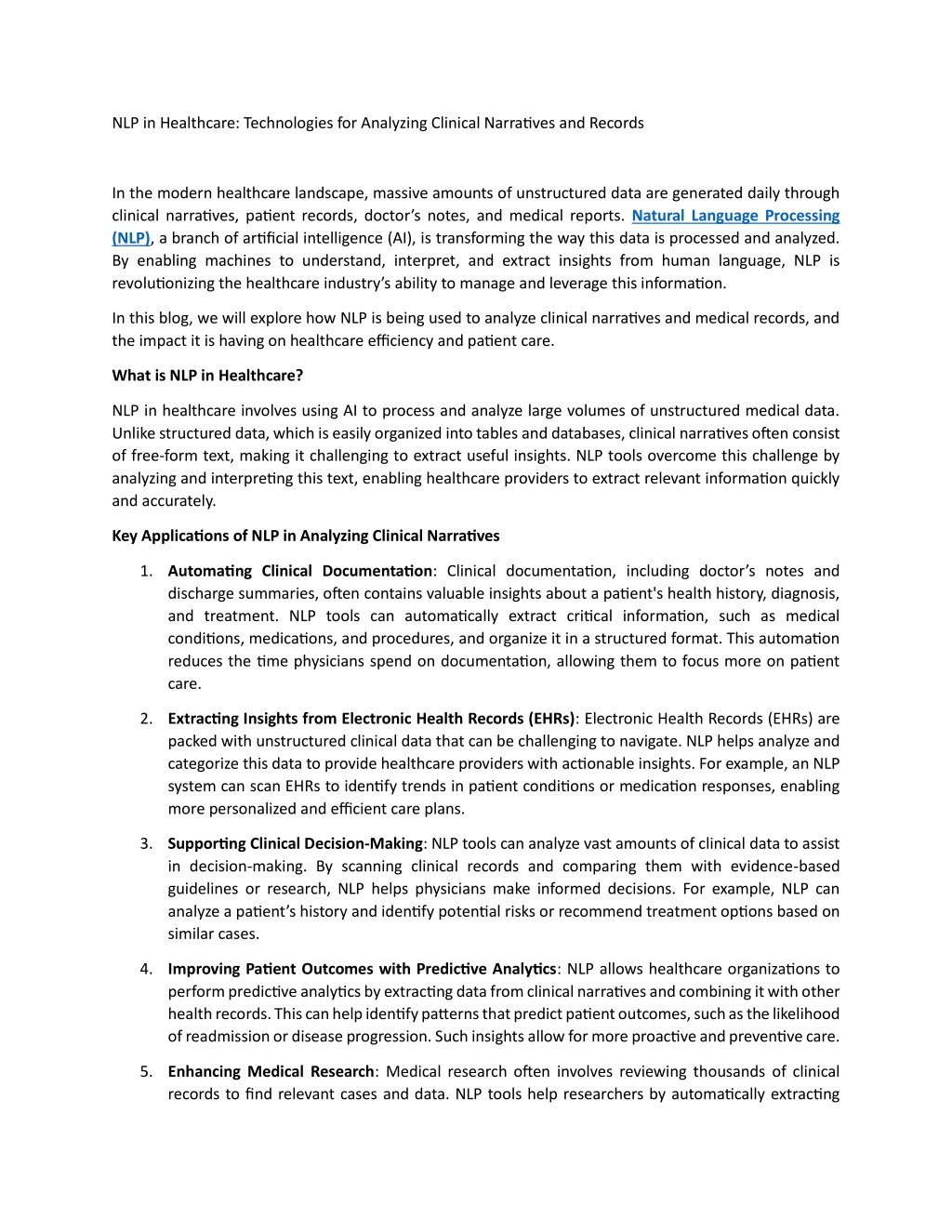
NLP in Healthcare Technologies for Analyzing Clinical Narratives and Records
NLP in healthcare involves using AI to process and analyze large volumes of unstructured medical data. Unlike structured data, which is easily organized into tables and databases, clinical narratives often consist of free-form text, making it challen
Download Presentation

Please find below an Image/Link to download the presentation.
The content on the website is provided AS IS for your information and personal use only. It may not be sold, licensed, or shared on other websites without obtaining consent from the author. Download presentation by click this link. If you encounter any issues during the download, it is possible that the publisher has removed the file from their server.
E N D
Presentation Transcript
NLP in Healthcare: Technologies for Analyzing Clinical Narratives and Records In the modern healthcare landscape, massive amounts of unstructured data are generated daily through clinical narratives, patient records, doctor s notes, and medical reports. Natural Language Processing (NLP), a branch of artificial intelligence (AI), is transforming the way this data is processed and analyzed. By enabling machines to understand, interpret, and extract insights from human language, NLP is revolutionizing the healthcare industry s ability to manage and leverage this information. In this blog, we will explore how NLP is being used to analyze clinical narratives and medical records, and the impact it is having on healthcare efficiency and patient care. What is NLP in Healthcare? NLP in healthcare involves using AI to process and analyze large volumes of unstructured medical data. Unlike structured data, which is easily organized into tables and databases, clinical narratives often consist of free-form text, making it challenging to extract useful insights. NLP tools overcome this challenge by analyzing and interpreting this text, enabling healthcare providers to extract relevant information quickly and accurately. Key Applications of NLP in Analyzing Clinical Narratives 1.Automating Clinical Documentation: Clinical documentation, including doctor s notes and discharge summaries, often contains valuable insights about a patient's health history, diagnosis, and treatment. NLP tools can automatically extract critical information, such as medical conditions, medications, and procedures, and organize it in a structured format. This automation reduces the time physicians spend on documentation, allowing them to focus more on patient care. 2.Extracting Insights from Electronic Health Records (EHRs): Electronic Health Records (EHRs) are packed with unstructured clinical data that can be challenging to navigate. NLP helps analyze and categorize this data to provide healthcare providers with actionable insights. For example, an NLP system can scan EHRs to identify trends in patient conditions or medication responses, enabling more personalized and efficient care plans. 3.Supporting Clinical Decision-Making: NLP tools can analyze vast amounts of clinical data to assist in decision-making. By scanning clinical records and comparing them with evidence-based guidelines or research, NLP helps physicians make informed decisions. For example, NLP can analyze a patient s history and identify potential risks or recommend treatment options based on similar cases. 4.Improving Patient Outcomes with Predictive Analytics: NLP allows healthcare organizations to perform predictive analytics by extracting data from clinical narratives and combining it with other health records. This can help identify patterns that predict patient outcomes, such as the likelihood of readmission or disease progression. Such insights allow for more proactive and preventive care. 5.Enhancing Medical Research: Medical research often involves reviewing thousands of clinical records to find relevant cases and data. NLP tools help researchers by automatically extracting
pertinent information from large datasets, speeding up the research process and improving accuracy. This technology can also identify emerging trends or treatment outcomes by analyzing vast clinical narratives. Technologies and Tools for NLP in Healthcare Several advanced tools and platforms are powering NLP in healthcare. Some of the most notable include: IBM Watson Health: This AI-powered platform leverages NLP to extract insights from unstructured medical data, assisting healthcare providers in making data-driven decisions. Google Cloud Healthcare API: This platform enables healthcare organizations to process, store, and analyze clinical data. Its NLP capabilities allow for the extraction of key medical terms and insights from clinical narratives. Amazon Comprehend Medical: Amazon s NLP tool focuses on extracting medical information from text such as symptoms, diagnoses, medications, and treatments, helping healthcare professionals organize patient data more effectively. Benefits of NLP in Healthcare NLP offers several advantages for healthcare providers: 1.Improved Efficiency: Automating the extraction of information from clinical narratives saves time, allowing healthcare providers to focus on delivering better patient care. 2.Enhanced Accuracy: By reducing manual data entry and documentation errors, NLP improves the accuracy of patient records, leading to more reliable diagnoses and treatments. 3.Better Patient Care: By analyzing vast amounts of data quickly, NLP enables more informed clinical decisions, leading to improved patient outcomes and personalized treatment. 4.Cost Reduction: By streamlining documentation and improving data analysis, NLP reduces administrative costs and enhances the overall efficiency of healthcare operations. Challenges in Implementing NLP in Healthcare Despite its benefits, NLP in healthcare faces some challenges: Data Privacy: Handling sensitive patient information requires robust privacy measures and strict compliance with regulations like HIPAA (Health Insurance Portability and Accountability Act). Complex Medical Terminology: Understanding the nuances of medical jargon and abbreviations can be difficult for NLP systems, although ongoing advancements are improving accuracy. Integration with Legacy Systems: Integrating NLP tools with existing healthcare systems can be challenging due to data silos and incompatible formats. Conclusion NLP is reshaping healthcare by providing the tools necessary to analyze and interpret clinical narratives and unstructured medical records. By automating documentation, supporting decision-making, and
enhancing patient care, NLP is making healthcare more efficient and data-driven. As this technology continues to evolve, its role in healthcare will become even more vital, leading to better outcomes for patients and providers alike. Read More : https://techhorizonsolutions.blogspot.com/2024/09/nlp-in-healthcare-technologies- for.html

